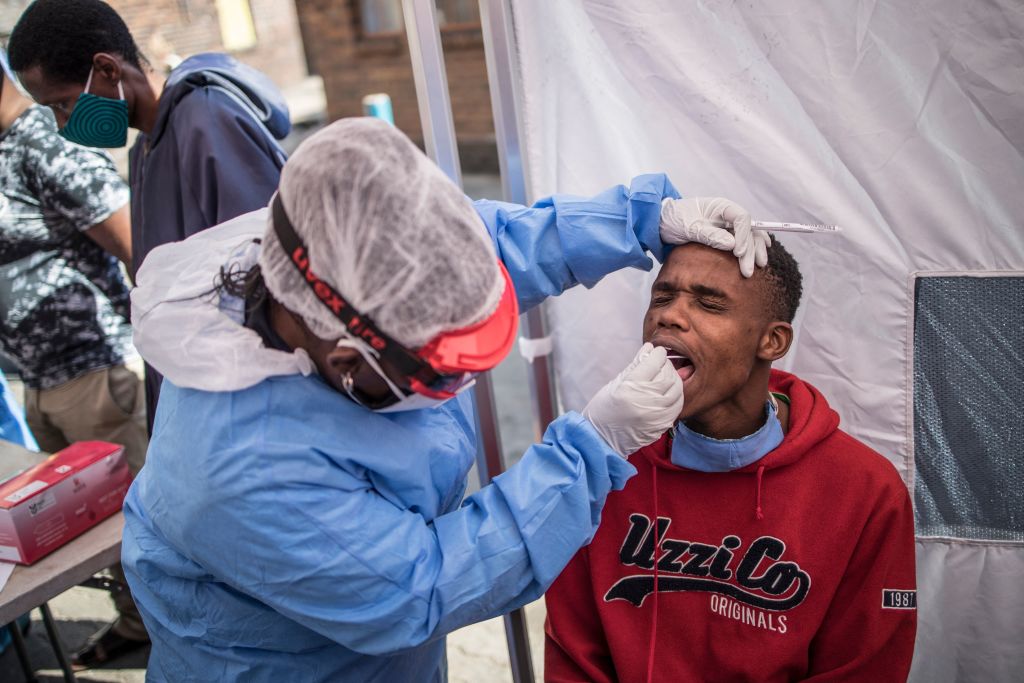ADF STAFF
Large groups are again gathering at restaurants, sporting events and nightspots without masks and social distancing. Countries are opening their doors to tourists and scrapping COVID-19 restrictions.
Many people believe the pandemic finally is winding down. However, scientists warn that there still is reason to be cautious.
As the virus has evolved it has gotten better at evading immunity. For example, one new omicron subvariant, BA.4.6, appears to be better at evading immune systems than earlier variants that drove recent infections around the continent.
The virus “just has too many ways to work around our current strategies, and it’ll just keep finding people, finding them again and self-perpetuating,” Dr. Eric Topol, head of Scripps Research Translational Institute, told The Associated Press.
Scientists expect COVID-19 to undergo more genetic changes that will allow the virus to attach to human cells.
“Every time we think we’ve seen the peak transmission, peak immune escape properties, the virus exceeds that by another significant notch,” Topol told the AP.
Unfortunately, it is very difficult to predict which new variants will spread widely and which will vanish quickly.
“They’re like tropical storms,” said Dr. Michelle Barron, an infectious disease expert and professor at the University of Colorado School of Medicine. “They’re way out in the ocean right now. We’re aware of what they have the potential to do, but they may never gain enough strength to hit land or even become a named storm.”
New Public Health Order
In late September, the African Union Commission and the Africa Centres for Disease Control and Prevention called on governments, multilateral organizations, philanthropies, the private sector and other groups to support the New Public Health Order for Africa, which aims to enhance health security.
Spurred by the pandemic, the order urges greater investment in Africa’s health institutions, health workforce and medical manufacturing capacity, while calling for collaboration across the continent, according to a news release.
Leaders specifically called for stronger support of community health worker programs in Africa.
“Health workers are a crucial pillar in a well-functioning health system,” South African President Cyril Ramaphosa in a statement. “Yet, they have been historically deprioritized in discussions about improving health systems. It is good economics to invest in the health workforce as the return is measurable and dependable.”

